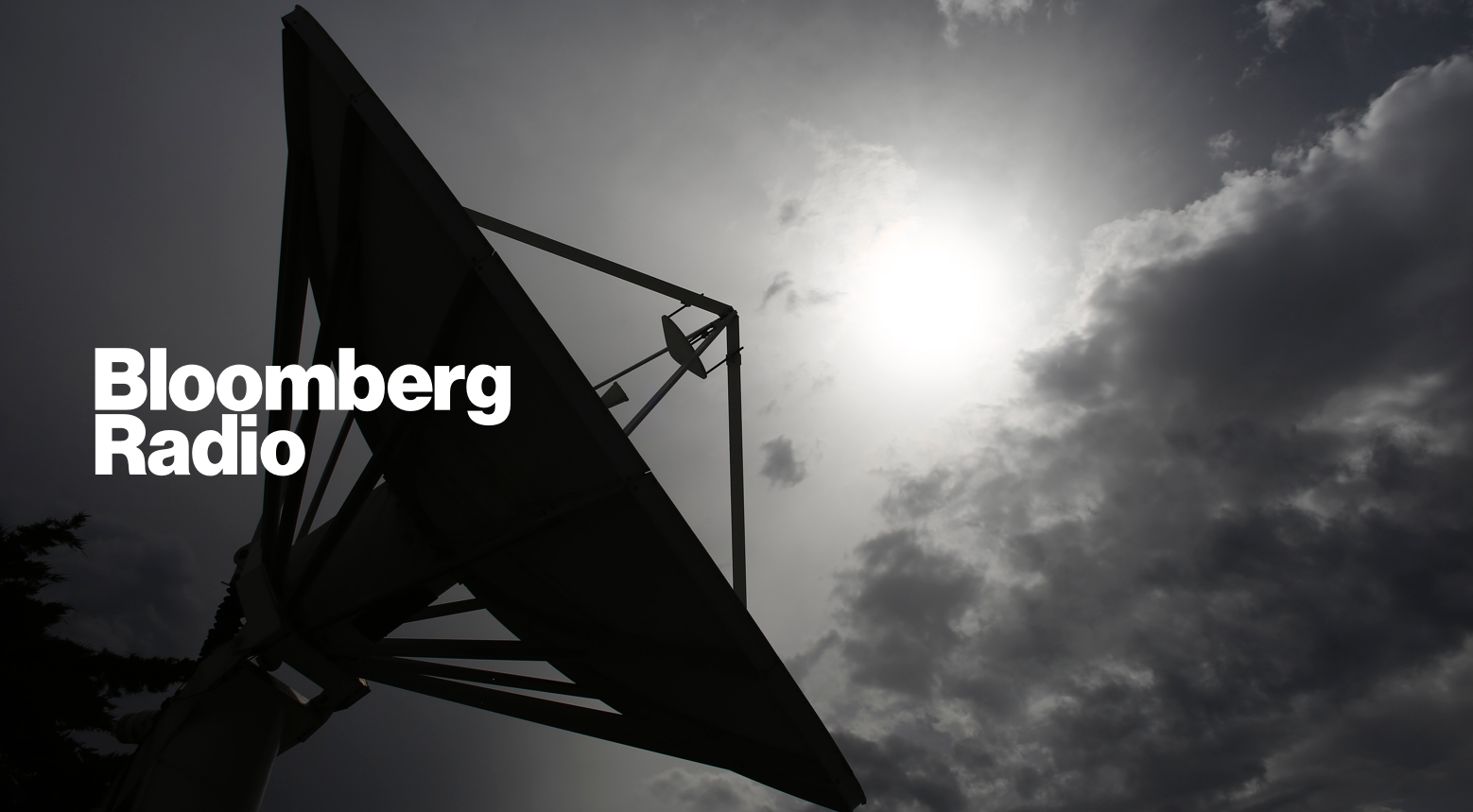Hold on! What did the Mesa City Council approve last week about ____________________?
House Transportation Committee Looking To Restart Federal Funding Of Red Light Cameras
from the back-to-buying-stuff-everyone-alreadys-knows-doesn't-work dept
Federal funds -- banned since 2015 from being used by states to purchase red light/speed cameras -- are possibly headed back to buying tech that hasn't done anything to make driving safer.
In 2012, language was added to the federal transportation bill that denied states federal funding for traffic cameras.
"A state may not expend funds apportioned to that state under this section to carry out a program to purchase, operate, or maintain an automated traffic enforcement system…"
But it didn't become law until 2015, and was expanded to exclude automatic license plate readers.
"None of the funds made available by this act may be used to acquire a camera for the purpose of collecting or storing vehicle license plate numbers," the House-passed language states.
Some of that may be rolled back with this year's budget proposal, The Newspaper (which did all the previously-cited reporting) reports:
The US House Committee on Transportation and Infrastructure on Wednesday will review sweeping legislation that would, among other things, encourage local governments to set up speed cameras using federal taxpayer dollars. The move would reverse a ban on federal funding for both red light cameras and speed cameras that has been in place since 2015.
[...]
"Notwithstanding subparagraph (A), a state may expend funds apportioned to that state under this section to carry out a program to purchase, operate, or maintain an automated traffic system in a work zone or school zone," the proposal states.
The bill [PDF] also adds this language, which doesn't do much to clarify what these guidelines might entail.
Any automated traffic enforcement system installed pursuant to subparagraph (B) shall comply with speed enforcement camera systems and red light camera systems guidelines established by the Secretary.
If this passes, it will reverse a half-decade ban on federally funding this mostly-useless tech. As The Newspaper notes, the federal government was an early adopter of traffic enforcement camera systems, providing funds for several pilot programs around the country more than 20 years ago.
But as report after report showed these cameras did little to increase safety, legislators began to reconsider the federal government's involvement in programs that appeared to do nothing more than generate revenue.
And it's not as though the tech has improved over the years.
> Accuracy isn't necessarily the goal.
The more tickets issued, the more every party involved (local governments, traffic cam manufacturers) benefits. Well, not every party. Drivers are part of the equation but they're viewed as little more than mobile ATMs. Automated systems cut down on payroll expenses and replace it with cheap mailed tickets that, in many cases, can't even be challenged in court. Win-win for governments. Lose-lose for the people paying their salaries.
In other words, there are several good reasons for the federal government to stay out of the automated traffic enforcement business. Those reasons apply to local governments as well. But the federal government shouldn't be making it easier for local governments to indulge their desires to turn residents into revenue streams.



No comments:
Post a Comment